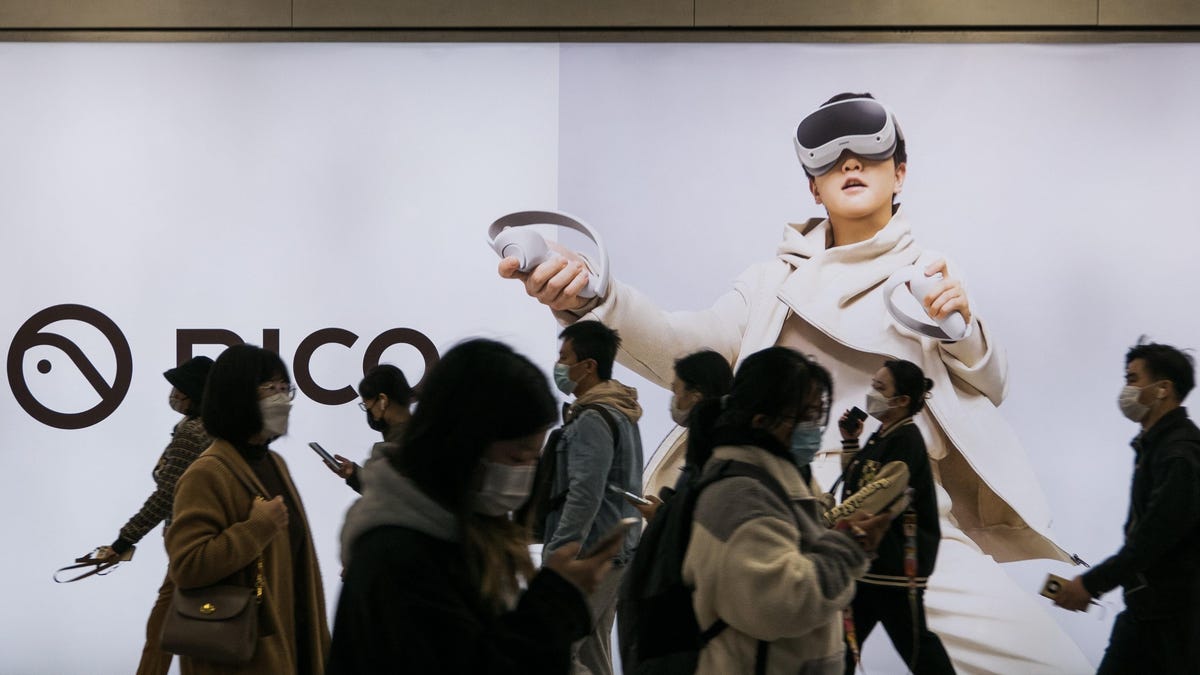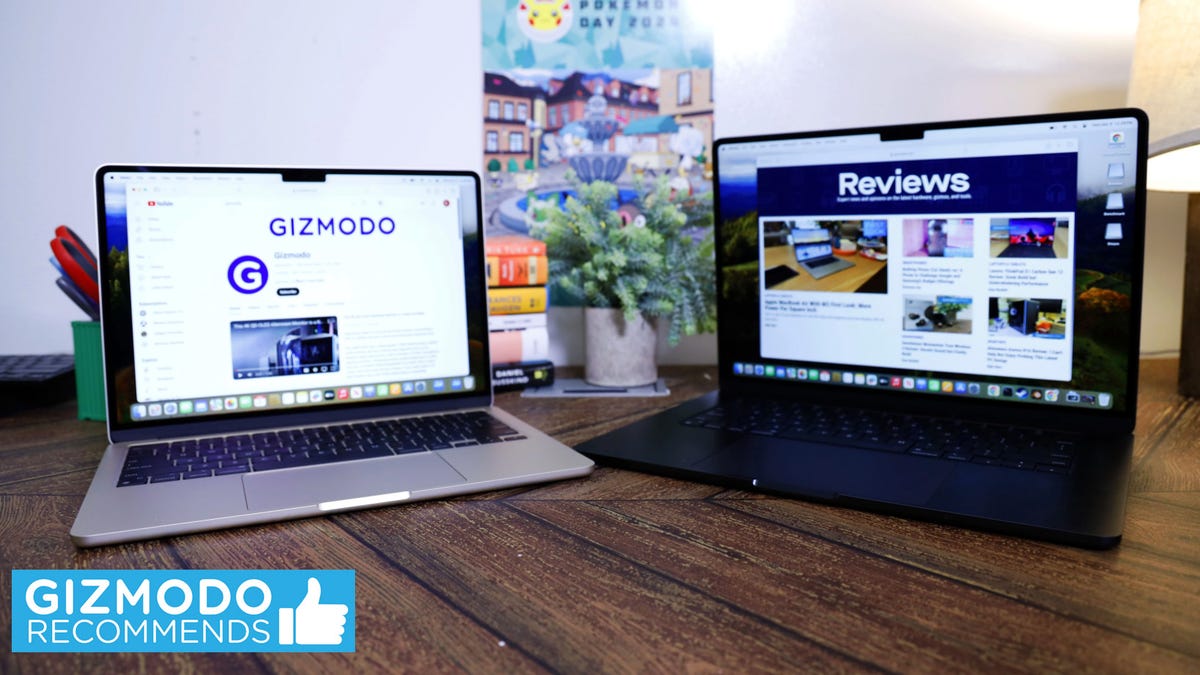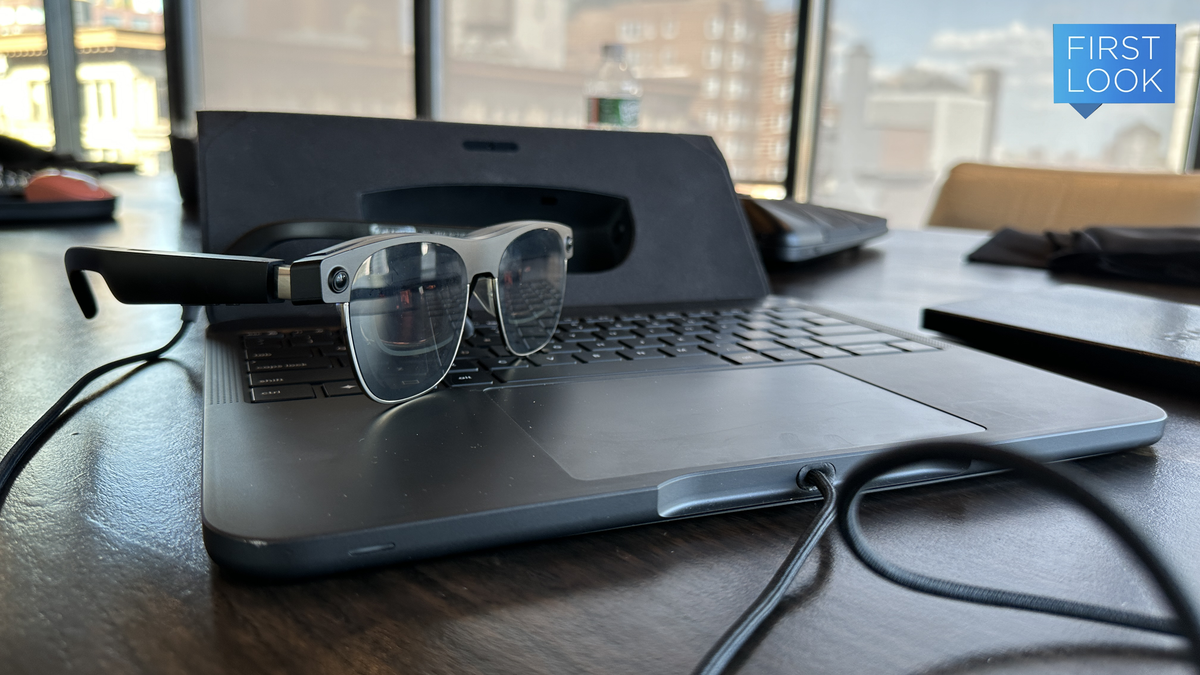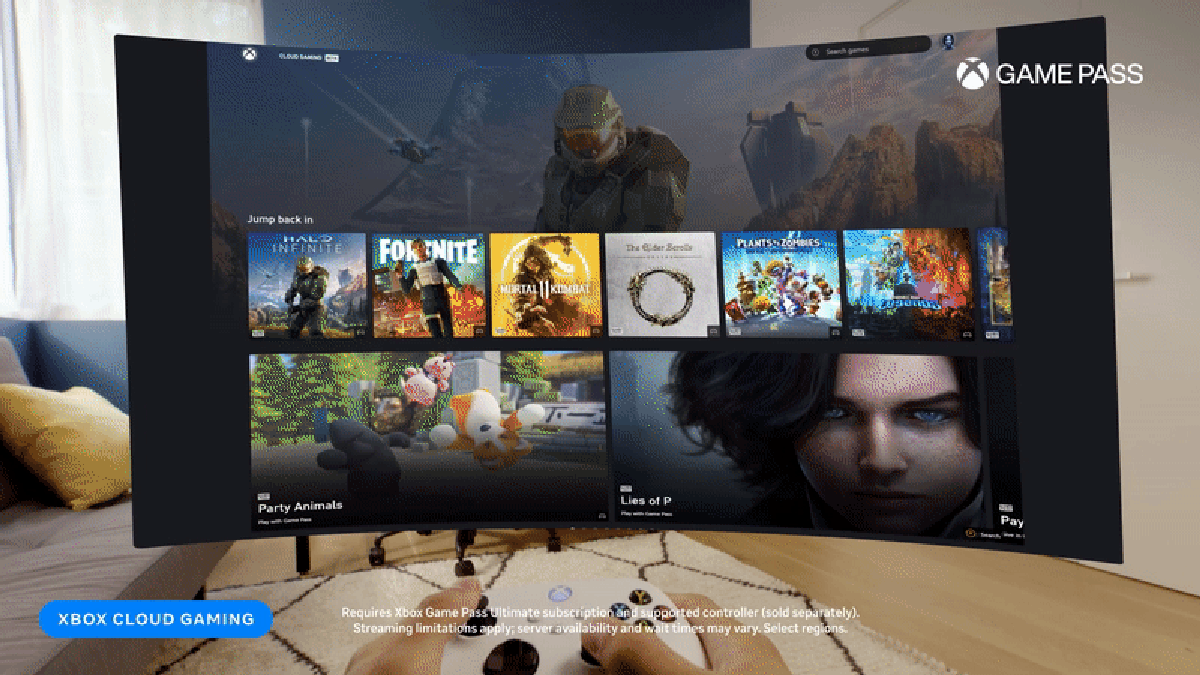ByteDance, the China-based company that owns TikTok as well as one of the biggest overseas VR makers, Pico, is taking a long look at its VR headset business, finding that all those metaverse champions were way too “optimistic” in their estimation that virtual reality would take over the world.
Pico Interactive CEO Zhou Hongwei reportedly told staff in a companywide meeting that they’ll be making sweeping changes to how the company will make headsets going forward. He told staff that the company’s previous estimation of the industry’s market growth was “too optimistic,” according to a report from Reuters according to three anonymous sources.
Pico’s hardware team will be moving on to making new technology. Still, the company is slashing and burning its software team, cutting staff or folding them back into ByteDance’s larger product development team. The anonymous sources told Reuters the headset maker could cut “hundreds” of jobs. Gizmodo reached out to ByteDance for comment and clarification on job cuts, but we did not immediately hear back.
“The VR industry remains in a very early stage,” Hongwei reportedly told staff while noting it could lay off sales, videos, and platform operation staff.
Last month, Pico was telling anybody who would listen that it wasn’t done yet making VR. This was despite reports from some analysis firms that ByteDance wanted to abandon its plans for virtual reality. ByteDance originally bought Pico for an undisclosed amount, rumored to be more than $1 billion in 2021. This was just as Facebook was rechristening itself “Meta” and was promoting its loss-leading Meta Quest 2 headset.
Pico released its Pico 4 headset last year, but this year, the company has yet to have big hardware announcements to share. Pico then reportedly laid off around 200 staff back in February.
If the VR industry is still in its early stages, then companies like Meta will need to spend billions of dollars more to see their grand VR/AR ambitions come to fruition. Meta just released its Meta Quest 3 headset, though we have yet to see how sales stack up against the Quest 2. So far, it’s not looking very positive, as analysts suspect the company will ship far fewer headsets this year than the company had previously. At the same time, the company reported $3.7 billion in third-quarter losses for its VR-focused Reality Labs division at the end of last month. That brings the division to $21 billion in losses since the start of 2022.








